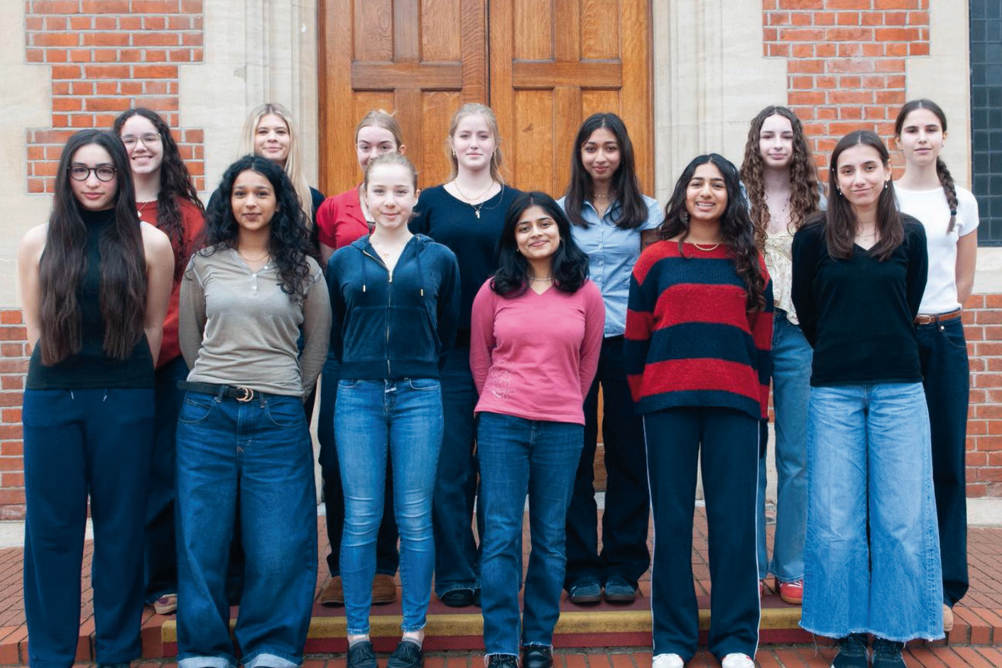
Launched in 2022, Melody Matters started as something very personal. I never thought about how my music affected others. Really, I sang for my own pleasure – humming a Carnatic (Indian classical music) tune or testing out my opera skills in the bathroom. It was my grandfather's 80th birthday when I performed a two-hour Carnatic music concert in India, and I saw just how meaningful music was. My grandmother, who often kept to herself and revelled only in telling us stories of her past, teared up. And it wasn't just the concert; she had recordings of my practice songs stored on her phone which she played around the house at every opportunity. She said music gave her joy and made her live in the present.
Register now to continue reading
Register to the Music Teacher website today to read more of the latest news and developments from the world of music education.
You’ll receive:
-
Free access to 4 subscriber-only articles per month
-
Email newsletter providing advice and guidance across the sector
Already have an account? Sign in here




